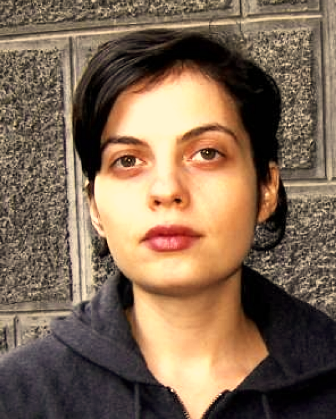


What is a Documentary?

While in the Greek island: Two mornings with film students from Romania, organised by Ana Vlad, documentary teacher at the university and a film director I have known for many years. Pleasure to work with her. I asked the students to take part in the game I have introduced on many occasions. Armine Vosgarian put the words together in an essay like this:
“Write down the first 3 words which come to your mind when hearing the word documentary.”, says Tue Steen Müller, the visiting lecturer for today. I haven’t written a single word on the zoom chat. My keyboard wasn’t responding to any commands. I even hit it, but no use. Ironically, I was chosen to write a tiny essay on the words that popped on the chat. This was the first time I saw most of the students, online or offline, so I can’t grasp the meaning of those words in terms of the projects they are working on, but, from the discussions held during the session, I understood that forces such as: curiosity, patienceand love drive us in our documentarian journey.
Curiosity drives every artist. There was another word used such as insight which is a consequence of curiosity focused towards one’s inner self. Curiosity is the first impulse of a child and this innocence is what saves the artist. This was one of the key elements we learnt in acting school. If you lose your curiosity, you are not willing to learn anymore, to love anymore and to, eventually, live anymore.
Some terms as authenticity, truthand purity were put on the table. One of the students placed Werner Herzogbetween words like reality and trust. Here we leave space for philosophy. If we are in search of truth as artists, we are saved, as long as we know we can never embrace it in its completeness. If we listen to Aristoteles, everything we see is a copy of a divine plan and art is a second hand copy. The purity and authenticity comes with the strength of the artist when he is open to the world. Even when he isolates himself from everything, he has to be open, like a medium for ligth or darkness, whatever suits him.
Others proposed the terms like realand human. We, humans, are real and authentic through our continous struggle of moving on. Some believe that is human to forget, some say is human to forgive.
We, as documentary makers, can participate in the process of our characters healing. While we observe and express our own emotions when choosing the angle and shots of that character’s space, we are entrusted with their exorcism. We are like guides. I believe the process is quite different from the fiction film because we hold a heavier responsibility.
The connection we create with the characters who are human beings, breathing beyong our pixels, contributes greatly to the path of both the filmmaker and the one portrayed. When making a documentary, you are responsible for the message. We are still under the protection of the large umbrella of poetry and free expression, but all the politics brought on screen weigh more than in fiction. Even in feature films, we ingest the message differently when we see the words: based on real events.
In documentary making, we have a mission. We will never be able to point out the truth, but we have to try, relentlessly, to show what our characters believe to be the truth, especially when their voices were rarely heard. If we doubt the people or the situation we chose to portray, then. with empathy and honesty, we have bring our own truth that counterpoints them.
Documentary is life, more than anything, with all its complexities and we need courage to hold on to it. Lord Byron sayd something like truth is stranger than fiction. Well, we have a saying in Romanian. “Life beats film”
Photo: Ana Vlad